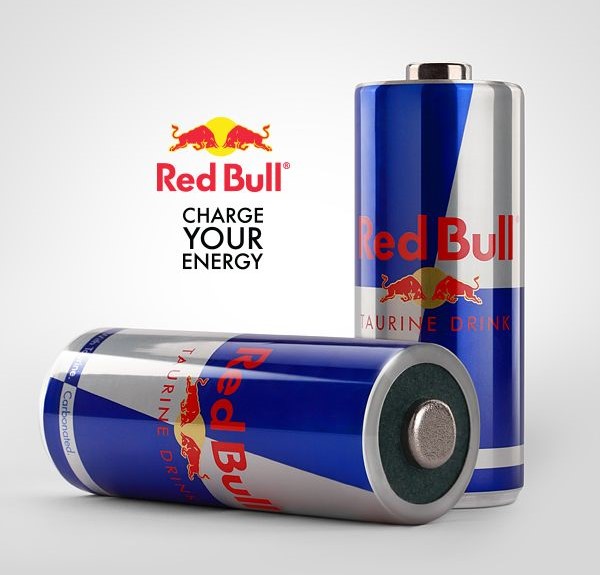How AI Is Changing My Everyday Life (And How You Can Use It Too)
How AI Is Changing My Everyday Life (And How You Can Use It Too)
Artificial Intelligence (AI) has moved beyond science fiction and high-tech labs — it’s now in your pocket, your home, and even your to-do list. Over the past year, I’ve noticed how deeply AI in everyday life has transformed the way I work, communicate, and manage my time. And the best part? Most of these tools are free, accessible, and easy to use — even if you’re not tech-savvy.
Here’s a look at how AI is changing my daily routine, and how you can use it to improve yours too.
Morning: Smarter Planning, Less Stress
My day often begins with AI helping me plan what matters most. I use tools like ChatGPT or Notion AI to organize tasks and generate quick summaries of emails, meetings, or articles I need to read. Instead of spending 30 minutes writing a to-do list, AI does it for me in seconds — customized based on my goals and calendar.
Try it:
Use Google Calendar + Gemini (Google’s AI assistant) or Notion AI to create your daily schedule, prioritize tasks, and eliminate decision fatigue.
Work: Supercharged Productivity
Whether I’m writing emails, creating content, or analyzing data, AI in everyday life helps me move faster and smarter.
Writing: AI tools help draft, edit, or rewrite content in my tone of voice.
Meetings: Apps like Otter.ai or Fireflies.ai transcribe meetings and summarize action items.
Customer service or emails: I use AI to auto-generate replies or improve tone and clarity.
This isn’t about replacing creativity — it’s about enhancing it. I still do the thinking, but AI gives me a huge head start.
Try it:
Use ChatGPT to brainstorm ideas, write better emails, or summarize documents. It’s like having a personal assistant on demand.
Personal Life: From Cooking to Shopping
AI helps at home too — often in invisible ways. My smart fridge app suggests recipes based on what’s inside. Streaming platforms recommend shows based on my mood. My shopping app auto-suggests items I often forget. It’s not magic — it’s AI in everyday life making decisions easier.
Even voice assistants like Alexa or Google Assistant use AI to automate routines like:
Setting reminders
Turning off lights
Ordering household supplies
Try it:
Enable “routines” on your smart speaker to automate tasks like playing music, checking the weather, and reminding you to take breaks.

Health & Wellness: Smarter Tracking
I wear a fitness tracker that uses AI to analyze sleep, stress, and activity patterns. It doesn’t just track steps — it gives personalized insights. AI recommends better sleep times, workout intensities, or even hydration reminders.
Mental health apps like Youper use AI-powered chat to support mindfulness and emotional reflection. These small daily nudges help me stay healthier without thinking too hard about it.
Try it:
Use free AI wellness apps like Sleep Cycle, MyFitnessPal, or Moodpath to get smarter health feedback.
Final Thoughts: You Don’t Need to Be an Expert
One of the biggest myths about AI is that you need to be a tech expert to use it. That’s not true anymore. Most tools are user-friendly, free, and designed for everyday people. Whether you’re a busy parent, a student, or just someone trying to save time, AI in everyday life is here to make things easier, not harder.





